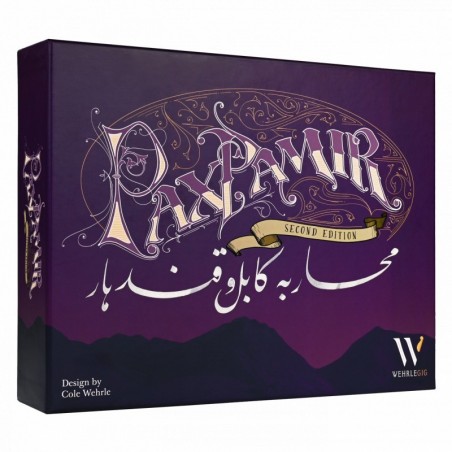
Marvel Champions: The Card Game - Scarlet Witch Hero Pack
Agotado
Agotado


AGOTADO
Este artículo no está disponible por parte de los proveedores y está pendiente de fabricación de más unidades por parte de la marca, sin una fecha programada. Por esta razón, no aceptamos pedidos de este artículo.
Recomendamos activarse la Alerta de Reabastecimiento (a continuación) para que se te notifique tan pronto como vuelva a estar disponible.
Editorial Wehrlegig
Idioma

Dependencia del idioma (0-4) 2. Media
Núm. jugadores 1 2 3 4 5
Tiempo de juego Entre 1 a 2 horas
Autor Cole Wehrle, Richard Wilkins
Edad mínima 13
Temas Economic, Educational, Negotiation, Political, Post-Napoleonic, Spies/Secret Agents
Mecánicas Action Points, Area Majority / Influence, Area Movement, Card Drafting, Hand Management, Increase Value of Unchosen Resources, Score-and-Reset Game, Simulation, Solo / Solitaire Game
Núm. Cartas
142
Fundas 63.5x88
Agotado
Agotado
En stock
Agotado
Agotado
Restock
Restock
En stock